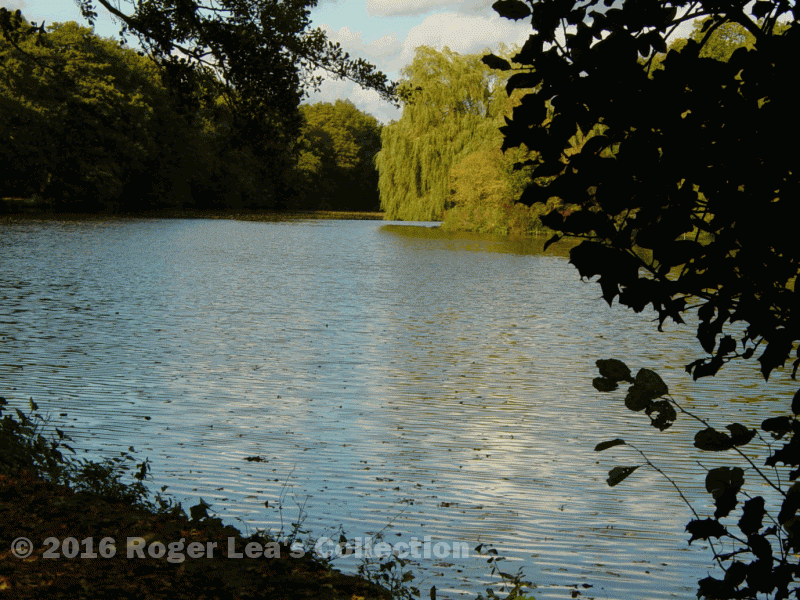Joseph Webster leased Penns Mill in 1751, and converted it to a wire mill. He already had two mills in Perry Barr, but the power generated by the water-wheel at Penns was greater than the two Perry Barr mills combined. The process of wire-making required a water-powered drop hammer for shaping the pig iron, and even more power was required to operate the wire-drawing machinery.
Before 1751 Penns Mill had been used for a number of processes - it housed a corn mill, a mill for fulling woollen cloth, and a blade mill. Each piece of machinery had its own waterwheel, and water would be directed to whichever wheels were needed. The mill had been built in the late Elizabethan period on land belonging to New Shipton Farm. Sutton records show that Nicholas Penn was a corn miller in 1578, and in the same document Thomas Penn is recorded as having a blade mill, no doubt one or both of them were operating in the brand new mill at Penns. The mill was sold on June 27th 1618, when John Penn was the miller, and it was already known as Penns Mill.
Having re-equipped the mill for wire drawing, Joseph Webster set about increasing its power and reliability. With spade and barrow the mill workers constructed the embankments which form the dam of Penns Lake, making a large reservoir so that the mill would never be without power, except when very severe frost froze everything solid. Over the next hundred years the business flourished, and other iron works and forges in Shropshire and Staffordshire were acquired by the Websters.
By the 1850s Penns Mill was so busy that two hundred men were employed there, and the company was still expanding. Webster joined forces with Horsfall, and they decided that a much bigger, purpose-built mill with steam power was required. This was established at Hay Mills, east of Birmingham, operations were moved there, and the waterwheel at Penns shut down for the last time on November 21st 1859.
Only the beautiful lake and a blue plaque in the entrance of the Ramada Hotel remain to remind us of Penns’ industrial past.
